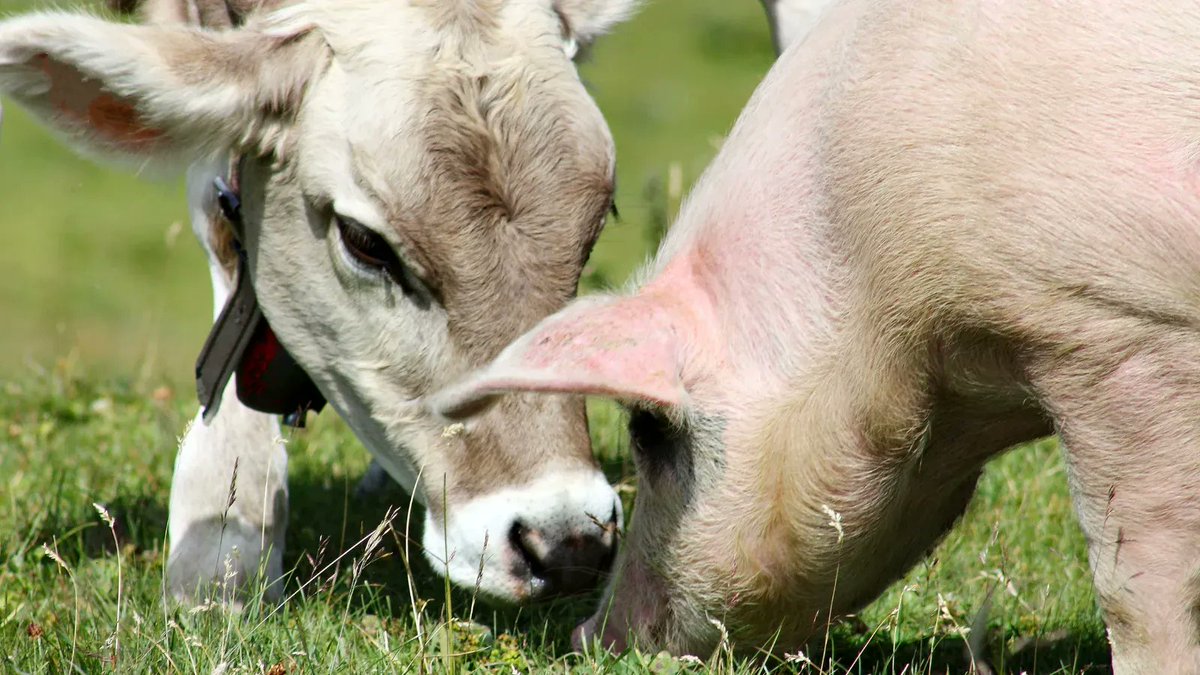Diet news that presents ever-changing and sometimes contradictory advice creates the impression that #nutrition scientists constantly change their minds.
How can newsreaders better navigate the difficult landscape of #diet news? Here are five useful steps and resources.👇 1/7
How can newsreaders better navigate the difficult landscape of #diet news? Here are five useful steps and resources.👇 1/7
https://twitter.com/thetimes/status/1526306839364882434
Check out these 10 red flags to identify misleading diet claims by @ColoradoStateU, including:
- non-scientific testimonials
- lists of “good” & “bad” #foods
- recommendations based on one study
- simplistic conclusions drawn from a complex study
2/7
➡️extension.colostate.edu/topic-areas/nu…
- non-scientific testimonials
- lists of “good” & “bad” #foods
- recommendations based on one study
- simplistic conclusions drawn from a complex study
2/7
➡️extension.colostate.edu/topic-areas/nu…

A @HarvardChanSPH guide encourages readers to put #HealthNews into context by asking 7 questions, including:
- How does the study fit into the body of evidence on a topic?
- How large was its sample size?
- Was it done on #animals or humans?
3/7
➡️hsph.harvard.edu/nutritionsourc…
- How does the study fit into the body of evidence on a topic?
- How large was its sample size?
- Was it done on #animals or humans?
3/7
➡️hsph.harvard.edu/nutritionsourc…

Readers can also check what an outlet’s editorial standards say about health reporting.
E.g., @usnews has pledged to provide accurate information about medical issues & exclude experts from scoring #diets with which they have a conflict of interest. 4/7
➡️usnews.com/about-us/edito…
E.g., @usnews has pledged to provide accurate information about medical issues & exclude experts from scoring #diets with which they have a conflict of interest. 4/7
➡️usnews.com/about-us/edito…

Checking diet news for conflict of interest is essential because #BigAg often lobbies to promote specific foods.
@MeatInstitute and @TheAHDB, for example, have a record of influencing US and UK dietary guidelines. 5/7
➡️desmog.com/agribusiness-d…
➡️desmog.com/agribusiness-d…
@MeatInstitute and @TheAHDB, for example, have a record of influencing US and UK dietary guidelines. 5/7
➡️desmog.com/agribusiness-d…
➡️desmog.com/agribusiness-d…

Looking for #PeerReviews can also help to understand new findings.
Peer reviews are written by experts who work in similar fields and have similar competencies as the authors of new studies—in the case of diet studies: #nutrition and medicine. 6/7
Peer reviews are written by experts who work in similar fields and have similar competencies as the authors of new studies—in the case of diet studies: #nutrition and medicine. 6/7

At @Sentient_Media, we report fact-led information about the underreported impacts #animal agriculture has on our lives, diets, and health.
Join our spring drive to help us continue our reporting on #FactoryFarming and other food system issues. 7/7👇
sentientmedia.org/join-sentient-…
Join our spring drive to help us continue our reporting on #FactoryFarming and other food system issues. 7/7👇
sentientmedia.org/join-sentient-…
• • •
Missing some Tweet in this thread? You can try to
force a refresh









